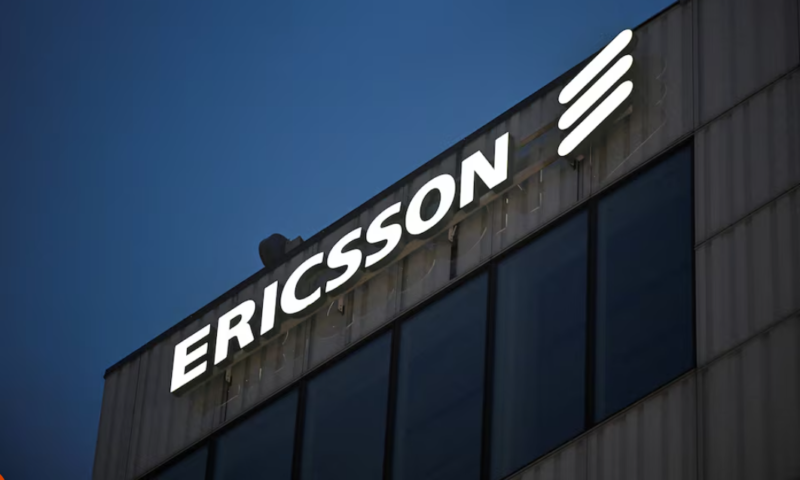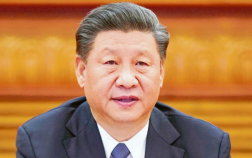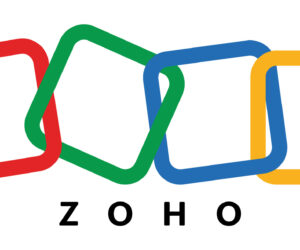3
LAGOS – Ericsson says it has been “compelled” to sue Transsion, the Chinese company behind Tecno, Infinix and itel, after nearly a decade of failed talks over licences for 4G and 5G technology used in its phones. In a statement at weekend the Swedish telecom giant said Transsion is now its last unlicensed top-ten smartphone supplier, despite years of negotiations and repeated offers it describes as FRAND – fair, reasonable and non-discriminatory.
The company has filed cases in Brazil, India, Nigeria, and before Europe’s Unified Patent Court (UPC). Ericsson’s case was filed at the Federal High Court in Lagos.
Ericsson accused Transsion of dragging out discussions for nearly a decade and refusing to sign a global patent licence for the network technologies that power its phones.
“Transsion’s perpetual delay tactics impact the telecom innovation cycle, creating an anticompetitive environment in relation to its competitors who properly license Ericsson’s patented standard essential technology,” it said.
The filing is the first time Nigeria is seeing a patent case of this scale, analysts say, arguing that it shows the scale and relevance of Nigeria’s booming smartphone market, dominated by Transsion brands.
Transsion is one of the world’s largest phone makers, with a major presence in Africa and Asia and growing operations in Europe and South America. In Nigeria, its Tecno (23.55%) and Infinix (21.73%) brands jointly hold 45.28% of the mobile market, according to IntelPoint. Samsung leads the non-Chinese brands with 12.36%, followed by Apple at 9.43%. Xiaomi (7.15%) and Huawei (4.34%) are also rising players.
Ericsson has operated in Nigeria for more than 40 years. It no longer sells phones, having sold its handset division to Sony in 2012. The firm now works mainly as a telecom infrastructure provider. It builds and upgrades mobile networks for MTN, Airtel and 9mobile, supports 3G/4G rollout, maintains towers, and works with operators on 5G trials.
Ericsson did not specify what it is asking the Nigerian court to award, but analysts say it is betting that legal pressure in high-volume markets such as Nigeria and Brazil will push Transsion to finally accept a licence.
IPFray, which reports on global intellectual property disputes, said this is the first time a major standard-essential patent (SEP) owner has filed a known patent infringement suit in Nigeria, making it a landmark move.
According to Ericsson’s head of patent enforcement, Robert Earle, discussions with Transsion were repeatedly stalled by “unreasonable demands” and long periods of silence. Ericsson first wrote to Transsion in 2017 with a list of patents it said were being used, but Transsion did not respond until October 2018. Even after signing a confidentiality agreement in 2021, talks reportedly made no progress for another four years.






